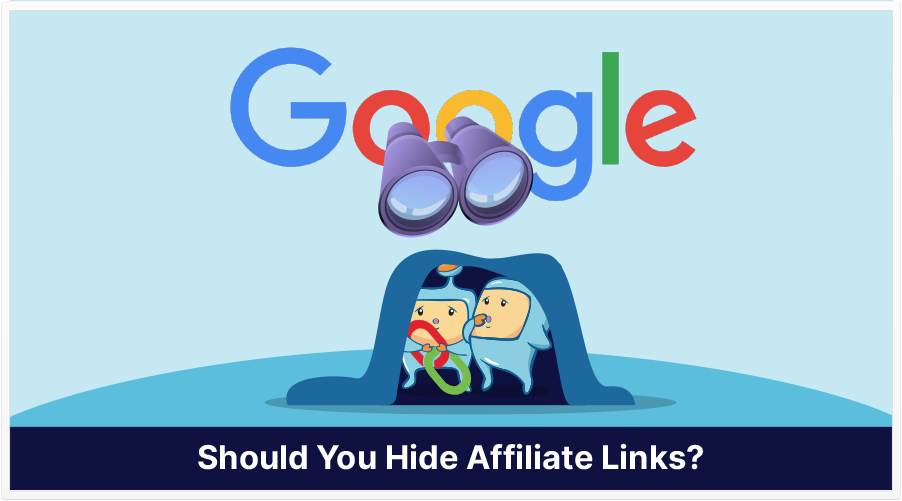
What are Google’s recommended practices for affiliate links? There’s no need to hide affiliate links. Here’s what to do.
A Google Search Central video, released on July 13th 2021, featured a response from Google’s John Mueller.
What follows are my takeaways from this video, blended with some of my own commentary.
In short, no, you don’t have to hide affiliate links. In fact, some forms of hiding affiliate links may be frowned upon. Don’t resort to things like cloaking or otherwise misleading your visitors.
There’s nothing inherently wrong with affiliate links.
Presumably, if you have affiliate links, then it means you (or your company) is operating as an affiliate, and there may be a legal requirement for you to disclose that somewhere. Do check for the laws that pertain to you, but I’ve seen affiliate disclaimers and statements that say something to the effect of “This site may earn commissions on purchases that you make.”
Also, Mueller states that if you have outbound affiliate links, you should have a link attribute–either rel nofollow or rel sponsored to show that it’s a paid link.
(Personally, I think the rel sponsored is more specific to this use, as rel nofollow can also mean something else.)
Google basically says that if you use affiliate links, be sure you have unique content on your site. To that I’d add: not just re-written content, but have content that adds to the buyer’s journey or the transactional process.
You should have content on your site that might not be easily found on the vendor’s site. You want to add something, not just be a replication of something.
So, in summary, be transparent about any compensation agreement, add to the customer journey, and don’t worry about any supposed need to hide affiliate links.